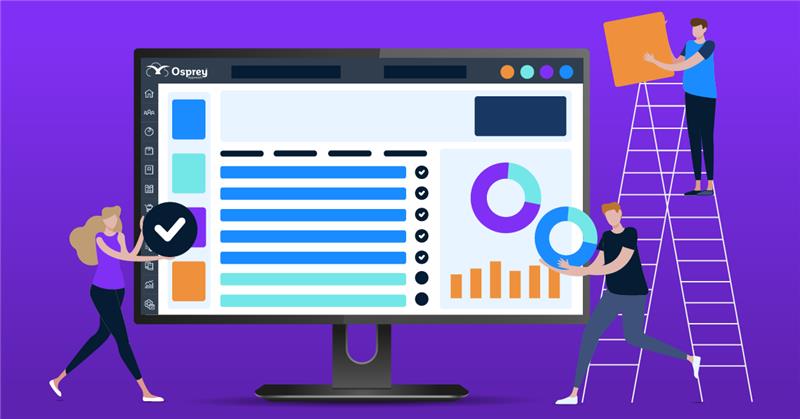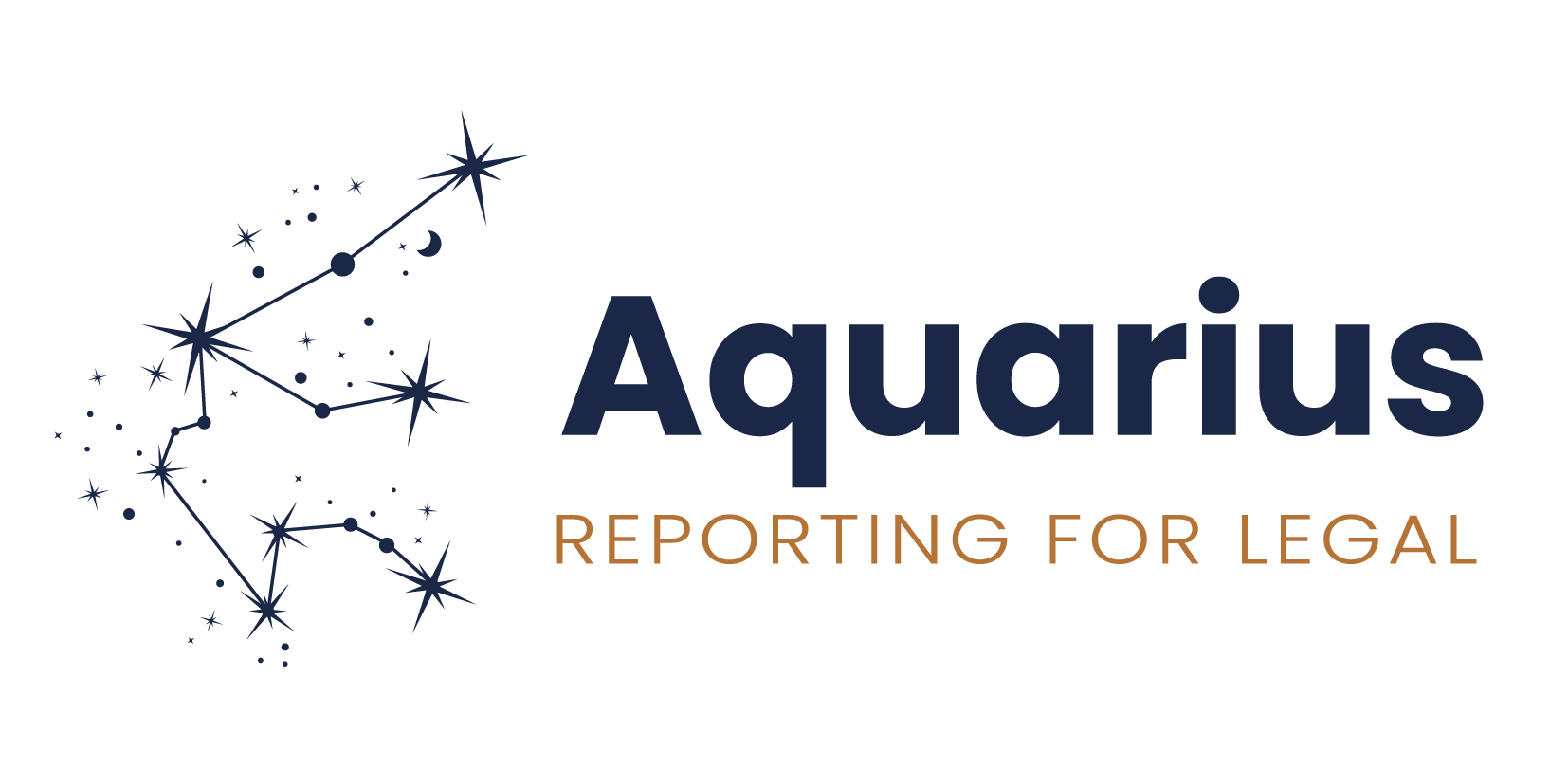
Law firms of all shapes and sizes can realise a host of benefits, including access to up-to-date client and case data, easy document production, visibility of performance and increased efficiencies, if they have effective practice and case management software (PCMS) in place.
However, even though law firms that improve their agility will be best placed to respond to future challenges, lawyers are often resistant to implementing any new technology because the process can seem overwhelming. From speaking to various firms, when it comes to IT investment, their top two concerns are fear of the unknown and managing change.
Rest assured though: if you choose the right software partner to implement your PCMS, you won’t look back; and you’ll be able to deliver a high-quality experience to staff and clients alike.
There’s no denying that the process does require commitment of both time and money – but once you’ve decided to take that step, a successful implementation should be your firm’s number one priority because it’ll have a lasting impact on the ability to reap the rewards and realise value.
At this point, it’s important to note that a successful implementation starts before you’ve purchased your PCMS.
To ensure you choose the right software partner and product for your firm, you should have clear objectives, and expectations, so that you can continually review and measure the success of your PCMS investment.
What to consider before starting a PCMS project
Consider asking yourself the following questions to help build out a brief for your PCMS project: –
- What are your current and future business goals?
- What challenges are you currently facing?
- What would you like the PCMS to achieve, both in the short and longer-term?
- What is the budget for the project?
- What are your expected timeframes, including when you’d expect to realise benefits?
- What are the perceived risks of the PCMS project?
Agreeing basic expectations and plans internally is a great place to start to ensure you’re following the same objectives. It also provides your software partner with a clear overview of your firm and its future goals so they can ensure the solution is set up for success.
PCMS implementation: what it looks like
Any initial concerns you may have about the process can help be alleviated by outlining what a PCMS implementation project looks like. Having a clearer idea of what to expect, and the support you’re likely to receive, can be comforting and reduces the fear of the unknown. Whilst the process can differ between PCMS providers, these are the typical key stages involved for a successful project: –
Welcome session
We’d recommend that you take the opportunity to ask any initial questions at an early stage. Your project manager will get to know you and your firm better and should take the time to understand the drivers for the project and the expected outcomes and goals for the firm.
Project planning
At this stage, a full project plan and scope can be created. Data migration, system configuration and detailed project processes will be agreed. User profiles may be created, training schedules are planned, and project actions, responsibilities and deliverables are agreed.
System configuration
The system will be configured to ensure all features, integrations and functionality agreed is ready to be used for your firm’s go-live.
Data migration
This is a crucial step in the success of the project. If you are migrating existing data from your current solution to your new PCMS we recommend cleansing the data so that the information you input into the new system is of value, helping you get the best start. The data you can extract from a system is only as good as your input data!
Training
A good training plan should help guide users through the new system so they’re confident navigating the software at go live. It’s impossible to learn everything about a new system during the implementation phase, so to maximise success, we would recommend scheduling ongoing, regular training sessions for the whole team.
Go-live
The go-live day can look different for everybody but crucially this is the stage where your old system is ‘turned off’ and the new system is ‘turned on.’ During the go-live phase it’s common to cover pre-go-live checks and verification processes to alleviate problems. With a good PCMS partner, you would receive plenty of support during go-live.
Post-implementation review and ongoing support
Once things have settled down, your PCMS partner should check in to ensure the project has aligned with your original goals. Continuous support and training would likely come via a support team and training facilities, such as online courses, how-to guides, and pre-booked sessions.
Your guide to successful implementation
Initial PCMS implementation involves a lot of change and learning. It provides a great starting point to benefitting from your new investment and transforming your firm, but continuous evaluation of processes and training will ensure you continue to reap the rewards of your investment.
As your future business goals change and technology evolves you may find it necessary to review your current processes and begin smaller projects to launch new features and remain adaptable.
For those firms considering investing in PCMS, we have produced a guide to support you through each step, which also covers how to plan and prepare for a successful implementation, from identifying roles and responsibilities at an early stage, through to tips on how to overcome the common challenges of software implementation.




